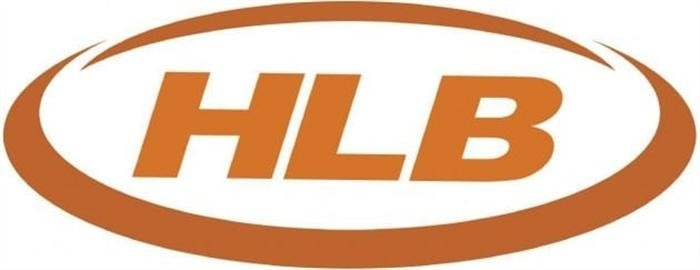Bio & Pharma
HLB’s Rivoceranib, Hengrui's Camrelizumab approved as combination therapy in China
HLB expects the combination will be an effective new treatment option for US patients, obtaining approval from FDA
By Feb 09, 2023 (Gmt+09:00)
2
Min read
Most Read
LG Chem to sell water filter business to Glenwood PE for $692 million


Kyobo Life poised to buy Japan’s SBI Group-owned savings bank


KT&G eyes overseas M&A after rejecting activist fund's offer


StockX in merger talks with Naver’s online reseller Kream


Mirae Asset to be named Korea Post’s core real estate fund operator



South Korea's HLB Co. announced on Thursday that the combination therapy of its drug candidate rivoceranib and Jiangsu Hengrui Pharmaceuticals Co., Ltd.’s (Hengrui Pharma) immuno-oncology drug camrelizumab was approved by the National Medical Products Administration (NMPA) as a first-line treatment for liver cancer in China.
HLB, Hengrui Pharma and Elevar Therapeutics, Inc., which holds U.S. rivoceranib development rights, are in agreement on submitting a New Drug Application (NDA) and Biologics License Application for the combination to the U.S. Food and Drug Administration (FDA) during the first half of 2023.
Coming nearly four years after the start of a Phase 3 clinical trial to study the combination of rivoceranib and camrelizumab versus sorafenib in patients with unresectable hepatocellular carcinoma (uHCC), the approval marks the fifth drug available for first-line liver cancer treatment in China. HCC is the most common type of primary liver cancer.
Results from the randomized, open-label, international trial, which included 543 patients and was conducted at 95 study sites across 13 countries/regions, demonstrated median overall survival (mOS) for camrelizumab + rivoceranib of 22.1 months vs. 15.2 months for sorafenib. mOS of 22.1 months is the longest out of all approved combination therapies.
In prespecified subgroup analysis, mOS was confirmed not only in hepatitis B virus (HBV), but also in patients infected with hepatitis C virus (HCV), which is the main cause of liver cancer in Westerners, as well as in non-viral patients. In contrary, Tecentriq+Avastin was not efficacious in non-viral patients, and Imfinzi+Imjudo was not efficacious in HCV patients and female patients.
Currently, Tecentriq+Avastin is the most prescribed first-line treatment for HCC. However, a high risk of bleeding is a major concern with Avastin, and a long elimination half-life of about 20 days makes it difficult to manage when bleeding occurred. In contrast, rivoceranib has a much shorter half-life of 8-10 hours which makes it easier and convenient to titrate the dose to manage when or if bleeding occurs.
With expectation that the combination of rivoceranib and camrelizumab will be an effective new treatment option for U.S. patients due to its efficacy and safety, HLB is seeking to obtain approval from the FDA as soon as possible while establishing direct sales in the U.S. through Elevar.
“The rivoceranib and camrelizumab combination showed high efficacy in all patient groups regardless of region or cause of disease,” said Han Yong-Hae, chief technology officer of HLB Bio Group.
“We will do our best in the upcoming U.S. NDA process and make sure to achieve good results this year, bringing this new combination regimen to patients across the globe," he added.
Write to Min-Soo Han at hms@hankyung.com
More to Read
-
 Bio & PharmaHLB confirms ophthalmic disease treatment in phase 3 clinical trials
Bio & PharmaHLB confirms ophthalmic disease treatment in phase 3 clinical trialsJan 03, 2023 (Gmt+09:00)
2 Min read -
 Bio & PharmaHLB Therapeutics signs contract for COVID vaccine distribution rights
Bio & PharmaHLB Therapeutics signs contract for COVID vaccine distribution rightsDec 20, 2022 (Gmt+09:00)
1 Min read -
 Short sellingRetail investors test Celltrion, HLB shares as Korea’s GameStop
Short sellingRetail investors test Celltrion, HLB shares as Korea’s GameStopFeb 01, 2021 (Gmt+09:00)
3 Min read
Comment 0
LOG IN


